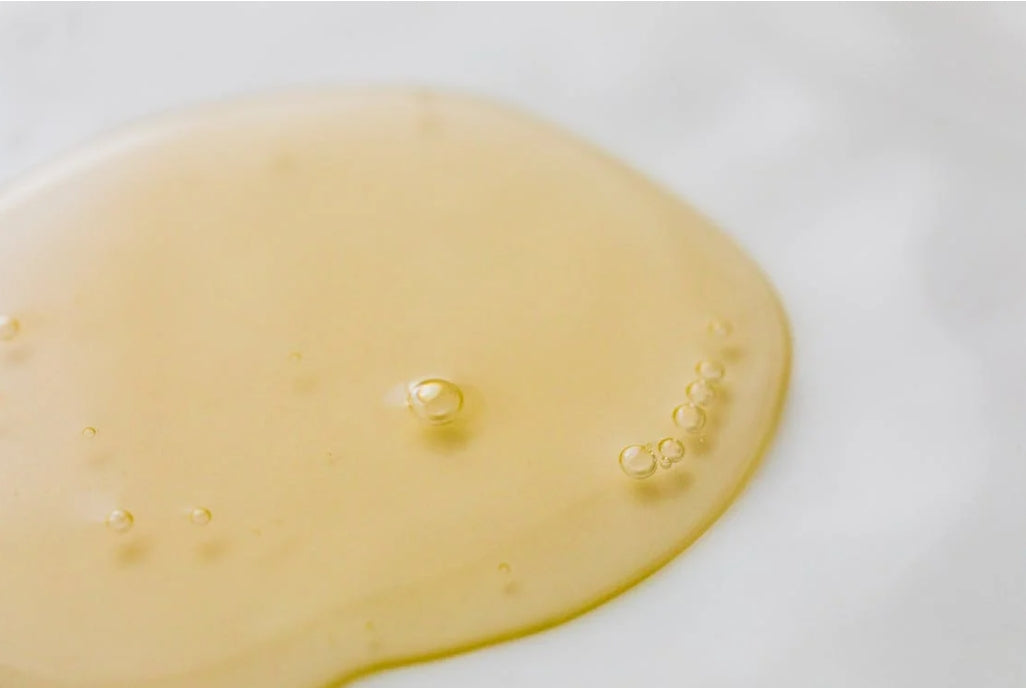How challenging is it to lose 100 pounds in a year?
Let's consider ourselves for a moment—our most ambitious goal might be "I won't change my profile picture until I've lost 20 pounds." Losing 100 pounds truly requires immense courage, determination, and willpower.
K has found that successful weight loss stories for those with a larger initial weight often read like a "life's blood and tears history." Summed up, it's all about those two words:
Starving...
Exhausting...
So, K would like to ask everyone to give a round of applause to all those who have successfully lost a significant amount of weight! 👏🏻👏🏻👏🏻
It's not that losing weight is particularly difficult, but rather the persistence and the complete transformation of one's lifestyle that truly require resolve and courage.
K has seen many successful weight loss cases among those with a larger initial weight. With the help of professional trainers, nutritionists, and those who have successfully lost weight, here's a comprehensive guide for "Weight Loss 101 for Those with a Larger Initial Weight."
We hope that no matter the reason, everyone who wants to start making changes can have an easier and smoother journey.

Of course, anyone looking to lose weight can also refer to this guide. Please read on to the end!
"For a Large Initial Weight, Don't Just Look at Body Weight; Also Consider These 4 Numbers."
Firstly, K wants to pour a bucket of "cold water": many people think they are "large initial weight," but they're actually mistaken. (Especially female friends, don't be too hard on yourselves; being over 100 pounds does not make you a large initial weight! The next time someone says "a good woman should not exceed 100 pounds," don't believe them!)
To determine if you are indeed a large initial weight, do not solely rely on the number on the scale.
Since weight is a composite element, it includes fat, muscle, organ weight, etc., and is not a signal of being "fat or not."
Simply put, those with a large initial weight typically have two characteristics: poor exercise capacity and a weight that exceeds the standard for their relative height.
You can consider and judge whether you are a large initial weight based on the following four numbers 🔽
1️⃣ BMI (Body Mass Index)
= Weight (kg) ÷ Height (m)²
18.5 ≤ BMI < 24 is considered a normal weight;
If your BMI is greater than 25, you should consider whether you are "large initial weight."
2️⃣ Body Fat Percentage
This can be measured with a special device or you can estimate your body fat using the body fat comparison chart below.
For men, a body fat percentage of 15%-18% is recommended, and for women, 20%-25%;
If it exceeds 35%, you should consider whether you are part of the large initial weight group.
3️⃣ Waist-to-Hip Ratio = Waist Circumference ÷ Hip Circumference
For men >1.0, and for women >0.9, this indicates a large initial weight.
4️⃣ Standard Weight
For men, the standard weight = (Height (cm) - 80) × 70%
For women, the standard weight = (Height (cm) - 70) × 60%
*It's normal to fluctuate within 10% of the standard weight, but if it's more, you need to start paying attention.
If you are a large initial weight individual, read on.

"The Key to Successful Weight Loss for Those with a Large Initial Weight Isn't 'Harshness' but 'Safety'."
For those with a large initial weight looking to lose weight successfully, what is the most important thing?
Is it persistence? Speed? Or not rebounding?
The most crucial aspect of successful weight loss for those with a large initial weight is actually: safety!
"Safety" encompasses health, not only does it require the body to be undamaged, but it also requires the mind to remain relatively stable. It's essential to avoid "revenge eating" and to maintain a healthy weight for a longer period, avoiding the situation where "the weight falls off quickly, only to bounce back faster."
Do not rush, only pursuing the speed of weight loss.
Compared to those with a smaller initial weight, those with a larger initial weight can actually lose weight faster. As long as you start to control your diet and add some moderate aerobic exercise, you won't have to worry about not losing weight.
However, it's important to note: the renewal speed of our skin cells cannot keep up with the rate of fat loss. Losing weight too quickly can not only lead to physical fatigue but also cause the skin to become loose.
- When losing weight, it's essential to progress gradually and within your capabilities. You really don't need to train every day! Generally, exercising 3 to 5 times a week is sufficient.
- Do not blindly engage in intense, sweat-inducing aerobic exercises.
- Do not skip warm-up before exercise and stretching after exercise.
"Change an Old Habit in a Month, Gradually Embrace Your New Self."
Next up: How should those with a large initial weight eat while losing weight?

In fact, it's not really recommended to suddenly switch your regular diet to one that is "extremely clean" or "extremely healthy."
Starting to lose weight and maintaining exercise already require a lot of willpower. If you also have to be "strict" with your food, it can easily create a "psychological gap," which may lead to a loss of control over your appetite.
A method recommended for both large and small initial weight individuals is to gradually change your eating habits based on your current dietary patterns.
- If you previously enjoyed heavy, greasy, salty foods, try reducing the amount of oil and salt used in cooking or decrease the frequency of eating such foods as a starting point.
- If you always had a big appetite, switch to a fixed portion plate or a smaller bowl or dish.
- If you always have a hard time keeping your mouth off snacks, start by "buying less" and "eating less," or replace some unhealthy snacks like chips and chocolate with healthier options like fruits and nuts, and control the portions.
- If you used to eat quickly and often overate, start by eating more slowly, focusing on chewing and tasting each bite, and concentrate on eating without using your phone or watching TV series.
- If you drank milk tea every day, switch to pure tea, fruit tea, or make your own with milk and tea bags...
The list above can be updated indefinitely according to your desires, but K really hopes that everyone can be more patient and confident with themselves: updating one habit a month is already very impressive!
Please keep in mind the "fat reduction meal formula" above:
High-quality carbohydrates + high-quality protein + high-fiber vegetables + vitamin and mineral-rich fruits + healthy fats
Finally, K wants to say to everyone who is still persisting or hesitant to start:
Exercise is a process that goes from persistence to habit and ultimately becomes enjoyment. Action is the prerequisite for everything.
Start, and then keep going, leaving the rest to time. There will definitely be good news waiting for you ahead!



